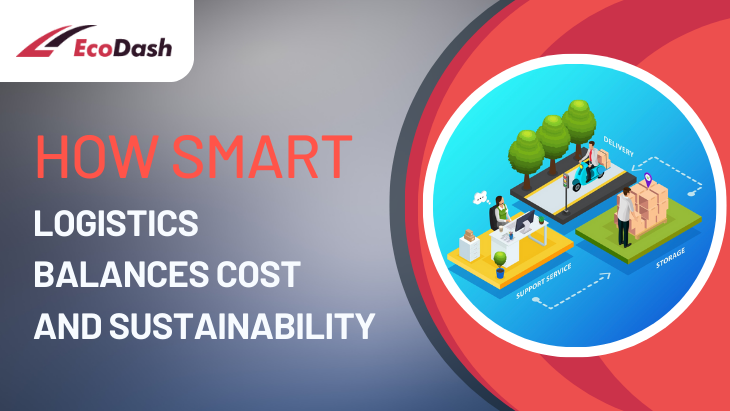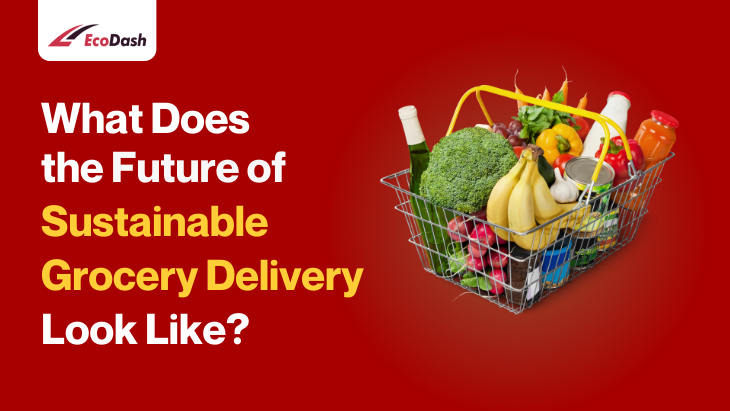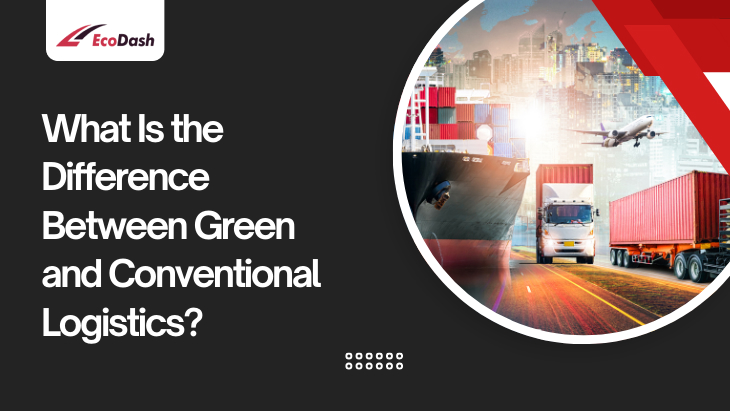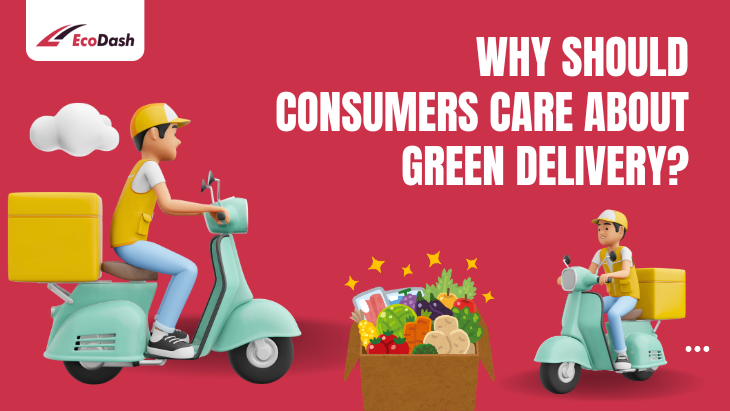In the current fast-paced delivery and retail world, logistics is not just about transporting goods from point A to point B anymore. Customers require quicker delivery, business requires reduced costs, and society expects sustainability. Fast Grocery Delivery in Canada It presents the three-way challenge that businesses need to overcome in order to remain competitive. For industries like Fast Grocery Delivery in Canada, where efficiency and speed are paramount, embracing smart logistics is not an option but a requirement. Smart logistics applies technology, data, and innovation to find a balance between cost-effectiveness and environmentally friendly practices.
Increasing Demand for Fast Grocery Delivery
Canadian consumers are increasingly shifting to online stores for grocery shopping, demanding the same convenience as food delivery apps. The resulting demand for Fast Grocery Delivery in Canada poses a logistical challenge. Fulfilling consumer demands for speed is typically expensive in fuel, labor, and operations. Without innovation, it leads to exorbitant prices and negative environmental impacts. Intelligent logistics helps the delivery companies meet consumer demands while eliminating waste and lowering environmental footprints.
The Role of Data in Smarter Logistics
The foundation of intelligent logistics is data. Through the analysis of buying habits, order volume, and location patterns, businesses can streamline routes and allocate resources. For grocery delivery in Canada, data-driven insights assist in forecasting peak demand and preventing unnecessary trips. This minimizes fuel usage, reduces expenses, and enhances customer satisfaction. Data also allows business entities to make certain that speedier delivery does not compromise sustainability.
Route Optimization for Reduced Costs and Emissions
One of the largest costs in delivery is transportation. Conventional routing tends to result in longer travel distances, more fuel consumption, and more emissions. Intelligent logistics platforms employ AI and real-time traffic information to create optimized routes. This not only results in groceries reaching customers quicker but also reduces unnecessary mileage. For Fast Grocery Delivery in Canada, optimized routing is a game-opener that balances efficiency, cost reduction, and minimized carbon footprints.
Automation and Smart Warehousing
Intelligent logistics reaches beyond the highway, too. In warehousing, automation technologies such as robotics, AI sorting, and IoT-enabled inventory tracking enable businesses to get orders ready sooner and more precisely. For Canadian grocery delivery companies, this means that items are warehoused, picked, and packed in the most efficient manner possible. With streamlined processes, businesses minimize errors, labor expense, and power consumption while keeping orders delivered promptly and in a sustainable way.
Electric Vehicles and Green Transportation
Logistics emissions represent a considerable portion of transportation. To this end, companies across Canada are adding electric delivery trucks and e-bikes to their fleets. For Fast Grocery Delivery in Canada, EVs not only reduce emissions but long-term fuel costs as well. With renewable energy charging solutions, green transportation is the future of sustainable delivery and keeping operational costs in check.
Balancing Speed and Sustainability
There is a common myth that speed and sustainability are mutually exclusive. It is perceived that quicker delivery automatically means more emissions and increased costs. Nevertheless, intelligent logistics dispels the myth. By integrating automation, data-driven choices, and eco-friendly mobility solutions, grocery delivery businesses can promote speed and sustainability. This guarantees Canadian consumers get fast service without sacrificing environmental accountability.
Cutting Waste in Grocery Delivery
Another central aspect of sustainable logistics is the minimization of waste. Grocery delivery has its challenges in the form of perishable items, packaging, and returns. Intelligent logistics platforms minimize food waste by accurately predicting demand and having products delivered before they lapse. In packaging, there is a shift toward environmentally friendly, reusable, or biodegradable packaging. For companies offering Fast Grocery Delivery in Canada, minimizing waste not only helps the environment but also reduces operational expenses.
Customer Satisfaction Through Smarter Systems
Green initiatives aren't solely for the planet—sustainability also enhances the customer experience. Consumers increasingly choose brands that prioritize environmental practice. Smart logistics allow companies to speak about transparency around carbon reduction, sustainable packaging, and effective delivery. This enhances customer trust and loyalty for Canadian grocery shoppers who desire convenience and responsibility. An unhindered, eco-friendly service assures long-term customer satisfaction and business growth.
The Financial Benefit of Intelligent Logistics
For companies, the use of smart logistics is not simply a matter of social responsibility but also profitability. Cost reduction by way of optimized routes, automating processes, and minimizing waste has a major bearing on profitability. Organizations spending on smart logistics for Fast Grocery Delivery in Canada not only enhance margins but also become industry leaders. Long-term financial viability comes by tying business objectives with environmental goals.
Technology as the Delivery of the Future
The future of grocery delivery in Canada will be influenced by technological advances in AI, IoT, blockchain, and predictive analytics. These technologies will enable even smarter logistics systems that can predict customer needs, make decisions, and continue to cut costs and emissions. For delivery organizations, embracing these technologies today ensures that they will remain competitive and strong tomorrow.
Conclusion
Smart logistics has emerged as the foundation for reconciling cost and sustainability in the delivery business. Ecodash For Fast Grocery Delivery companies in Canada, using data, automation, route optimization, and eco-friendly mobility solutions ensures that they achieve speed without compromising responsibility. Quicker services are passed on to customers, operational costs are saved by businesses, and society also benefits from minimized environmental footprint. In this changing environment, smart logistics is not only a plus it is the way to go for a sustainable and profitable grocery delivery future.


 Cart
Cart







Leave a reply